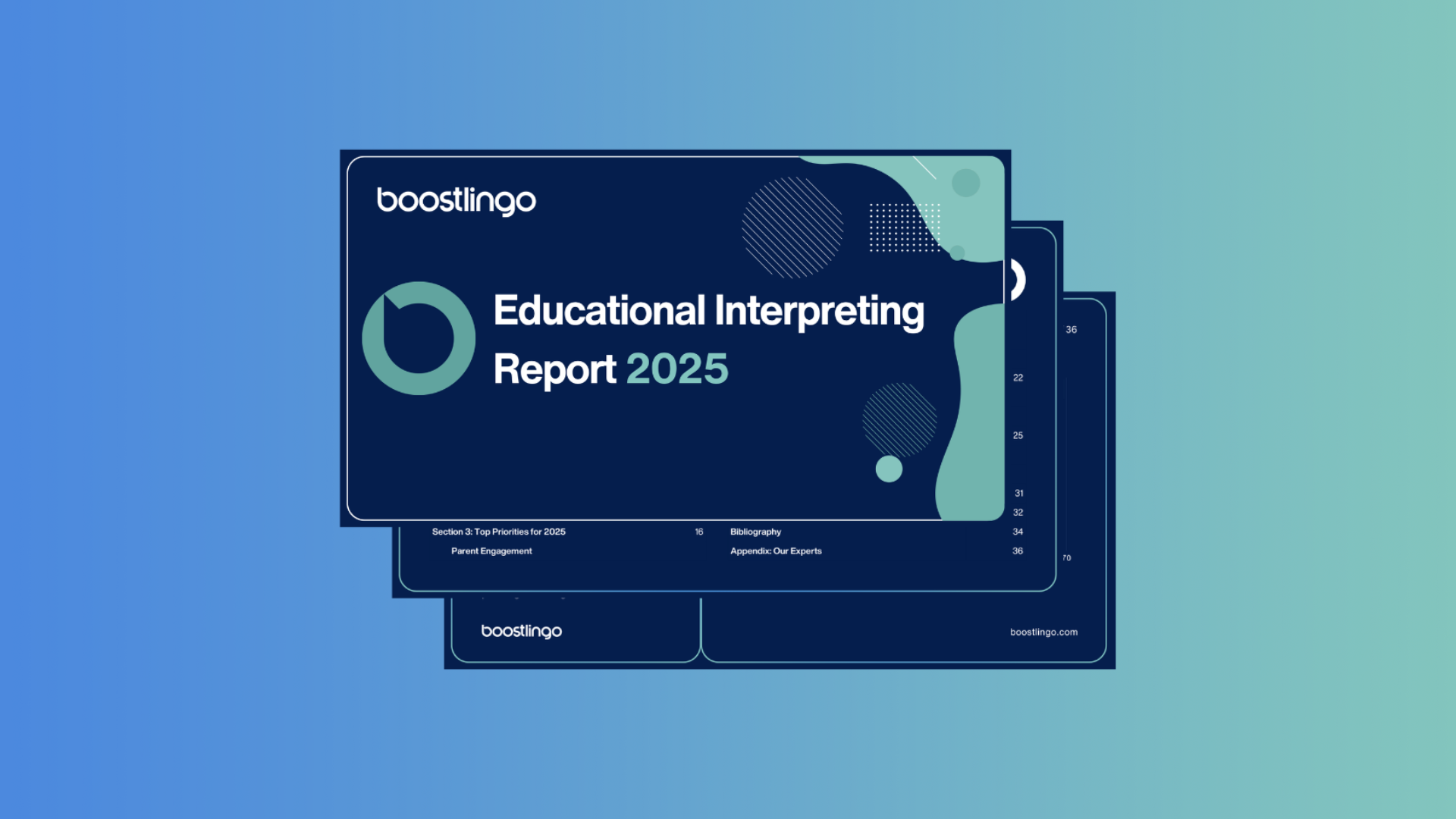Whether you’re interpreting in a high-stakes healthcare setting, a courtroom, or over the phone during a customer support call, emotional intelligence (EQ) is a must-have skill. It’s what allows interpreters to remain composed, understand nuance, and build trust—especially in complex or remote environments.
What Is Emotional Intelligence (EQ) and Why Does It Matter?
Emotional intelligence is your ability to recognize, understand, and manage your own emotions while also tuning into and influencing the emotions of others. For interpreters, this means reading between the lines: tone, facial expressions, gestures, and cultural cues all matter.
But interpreting isn’t just about accuracy. It’s about empathy. A skilled interpreter must navigate not just words, but intent, urgency, and emotion in high-pressure or culturally sensitive interactions.
The Role of EQ in Language Interpretation
Interpreters often serve as cultural bridges. That’s why EQ is important: it helps you deliver meaning in a way that honors both language and context. For example, a frustrated patient may sound aggressive, but an interpreter with strong EQ can recognize fear beneath the frustration and communicate appropriately to de-escalate the moment.
EQ also plays a major role in how interpreters handle their own emotions. Being calm under pressure is a baseline. High EQ interpreters go further by self-regulating, staying grounded, and prioritizing neutrality even in emotionally charged situations.
Real-World Scenarios Where EQ Impacts Interpretation Quality
- A Parent-Teacher Conference Grows Tense as a Student’s Progress Is Discussed
In educational settings, interpreters are often the bridge between families and school staff. During a parent-teacher conference, a teacher may raise concerns about a student’s academic performance or behavior. If a parent becomes defensive or emotional—perhaps due to cultural perceptions of education or frustration with prior communication—an interpreter with strong EQ can help de-escalate tension.
An emotionally intelligent interpreter will:
- Use tone and pacing to maintain a calm, respectful atmosphere.
- Accurately convey the teacher’s intent without amplifying stress or judgment.
- Recognize and navigate any nonverbal cues (e.g., crossed arms, tears) with cultural sensitivity.
This helps everyone stay focused on the student’s needs and encourages collaborative problem-solving between families and educators.
-
A Patient Receives Difficult Medical News
Medical interpretation requires not only accuracy but deep empathy. Imagine a doctor delivering a life-altering diagnosis like cancer, pregnancy complications, or a chronic condition. In these moments, the interpreter is not just a voice but is also a part of a highly emotional interaction.
Interpreters with high EQ will:
- Deliver the message with measured tone and clarity, while maintaining neutrality.
- Read the room and recognize when a pause is needed to let emotions settle.
- Avoid inserting their own reactions while still showing compassion through delivery.
Without strong EQ, an interpreter may rush through translation, misread emotional context, or inadvertently add coldness or distress. But with high EQ, they can support both the patient and provider in navigating a delicate, human moment with dignity.
-
A Customer Calls to Report a Serious Issue with a Service
In customer service, especially government agencies, banks, or telecom providers, interpretation can be the key to resolving issues—or escalating them. If a Limited English Proficient (LEP) customer calls frustrated about a billing error or service outage, the situation can escalate quickly if emotions aren’t carefully managed.
A high-EQ interpreter can:
- Maintain professionalism and neutrality even when the customer is visibly angry or upset.
- Ensure their tone doesn’t mirror the customer’s frustration, while still validating urgency.
- Help both parties feel heard and understood without becoming part of the conflict.
This is especially critical in over-the-phone interpreting (OPI), where tone and word choice carry the full emotional load of the interaction. The right interpreter, with the right EQ, can defuse tension and create a smoother, more productive experience for everyone involved.
How Low EQ Can Compromise Interpreter Effectiveness
Without EQ, interpreters may:
- Misread a speaker’s emotional state.
- Allow personal feelings to bleed into their delivery.
- Struggle to build trust, especially in remote or impersonal settings.
This can lead to misunderstandings, communication breakdowns, or even the perception of bias—all risks that can damage outcomes for everyone.
Key Traits of Emotionally Intelligent Interpreters
- Self-awareness: Recognizing your emotional triggers and responses.
- Self-regulation: Staying calm, professional, and in control—even under stress.
- Empathy: Accurately perceiving the emotions of others, even across cultures.
- Cultural sensitivity: Understanding how emotions are expressed differently across communities.
- Social skills: Building rapport and trust, particularly in remote settings.
Practical Strategies to Boost Your EQ as an Interpreter
-
Reflect on Your Emotional Responses
After sessions, ask yourself: What emotions came up? How did I manage them? Journaling or talking with a mentor can help increase self-awareness and emotional regulation.
-
Practice Cultural Curiosity
EQ in interpreting is deeply tied to cultural understanding. Read books, listen to podcasts, or engage with communities in your target languages to better grasp emotional norms and expressions.
-
Train Your Voice and Tone
Especially for remote interpreters, tone and intonation carry a lot of emotional weight. Consider voice coaching, or record yourself interpreting and listen for areas to improve tone, clarity, and pacing.
-
Strengthen Your Remote Interpreting Skills
Remote settings limit access to body language and facial cues. Practice interpreting with video or audio-only content and train yourself to pick up emotional nuance with less visual information.
-
Learn to Recognize Vicarious Trauma
Interpreters are often exposed to emotionally intense stories. Build awareness of vicarious trauma and take proactive steps to manage your emotional well-being.
Break Language Barriers with EQ
Interpreters with high emotional intelligence build trust. In a competitive field, EQ can be the difference between being adequate and being exceptional. Whether you’re interpreting in healthcare, legal, government, or education settings, growing your EQ will make you a more confident, effective, and in-demand professional.



